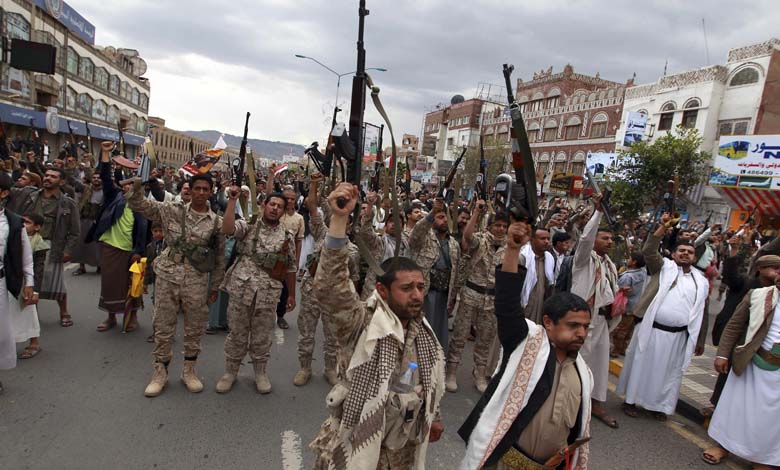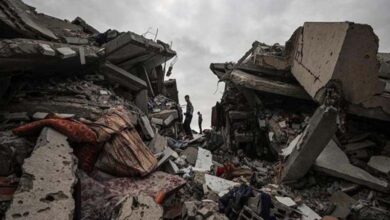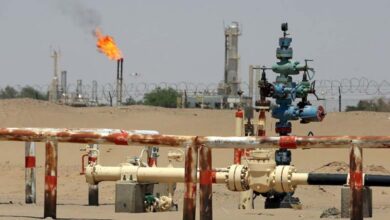Government initiative to alleviate the suffering of Yemenis faces Houthi stubbornness
The Yemeni government opens the Marib-Sanaa road, closed for 9 years, while the Houthis set conditions for a similar move

The Yemeni government announced on Thursday the opening of the Marib-Sanaa road, closed for 9 years, calling on the Houthis to take a similar step to alleviate the suffering of citizens, while the group has set “conditions” for responding in a stance that observers see as rigid, revealing the lack of concern of the Iran-backed group for the crises of the Yemeni people.
The road connects Marib governorate (center), under government control, and the capital Sanaa (north), under the control of the Houthi group, but has remained severed since the start of the war in the country in March 2015.
Member of the Presidential Council Sultan Al-Arada, told the official “Yemen” TV, “We announce the opening of the (Marib-Sanaa) road, and we hope that the other party (the Houthi group) will take a similar step to facilitate the movement of citizens.”
Al-Arada, during a visit to the Marib-Sanaa road, explained that the announcement of the opening of this road “came in consultation with the political and military leadership,” confirming “the importance of opening all closed roads in Yemen, including the road leading to the city of Taiz (southwest), in order to alleviate the suffering of citizens.”
He added, “We hope for everyone’s cooperation in opening all main roads in all Yemeni cities for the sake of the Yemeni people’s interest, and other matters have their place and significance whether it is war or peace.”
In the first comment from the Houthis on the step, member of the Supreme Political Council of the group Mohammed Ali Al-Houthi, considered that “it is good to end the siege on Sanaa by announcing the opening of the Marib-Sanaa road.”
However, he called on the other party first to “open the other outlets and lift the siege on the rest of the roads in all governorates and remove the militarization of the roads,” according to him, adding “we also call on them to release the kidnapped from the roads where they were captured while traveling, to enhance their confidence in the seriousness of the step on these roads,” according to his statement.
The positions of the Houthis show their lack of concern for the suffering of the Yemeni people and that their narrow political interests always take precedence over the interests of Yemenis who have been suffering from an unprecedented economic crisis and a continuous war since their coup in 2014.
The Houthis have disregarded the famine and malnutrition suffered by Yemenis, especially children, over the past ten years, and have continued their destructive war in service to Iranian interests.
Their attacks on ships in the Red Sea have further exacerbated the internal situation with the shortage of supplies arriving at the port of Aden.
The Houthis have been involved in targeting civilians on roads and have besieged many cities like Taiz.
Yemen has been suffering from a war that began after the Houthis seized control of the capital Sanaa and several provinces at the end of 2014, and the conflict intensified since March 2015, after the intervention of an Arab military coalition led by Saudi Arabia to support government forces against the Houthi group supported by Iran.












